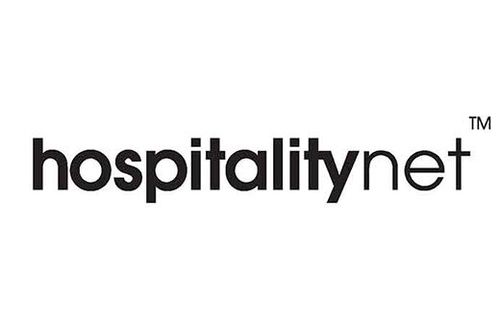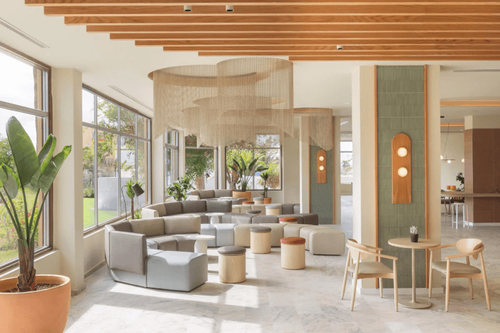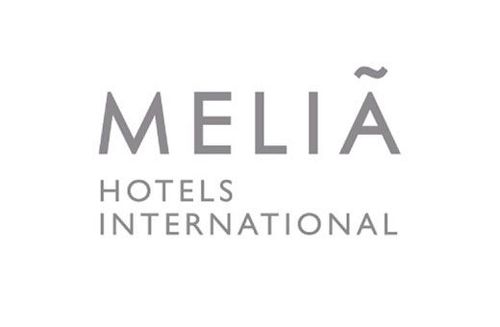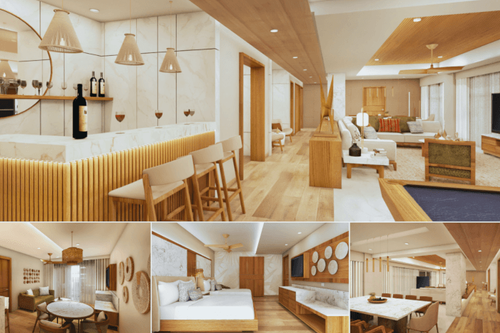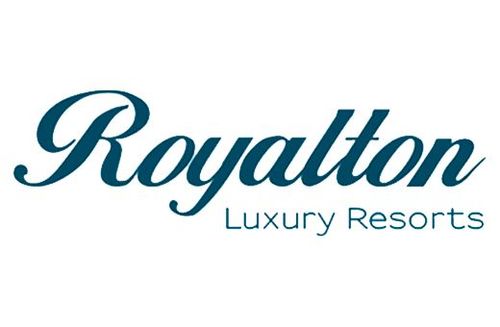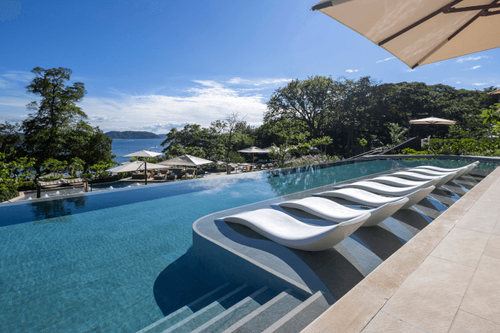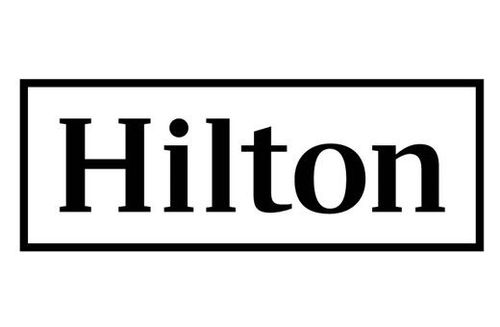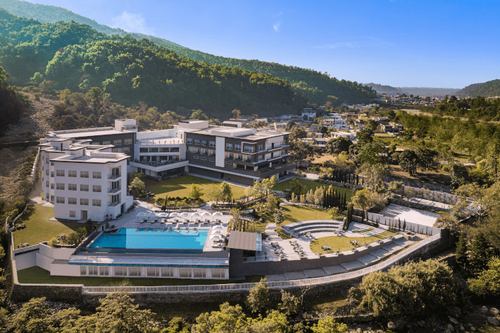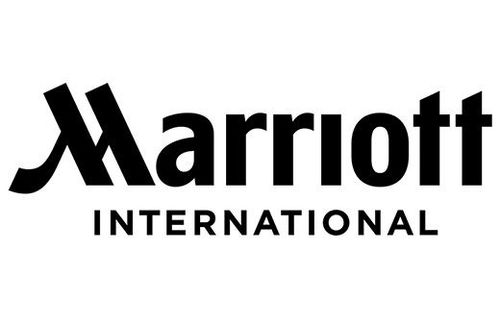Where travel agents earn, learn and save!
News / How people book hotels in 2022? Fresh research data reveals interesting insights
Photos and videos are more important than reviews, direct booking is now a "boomer" thing
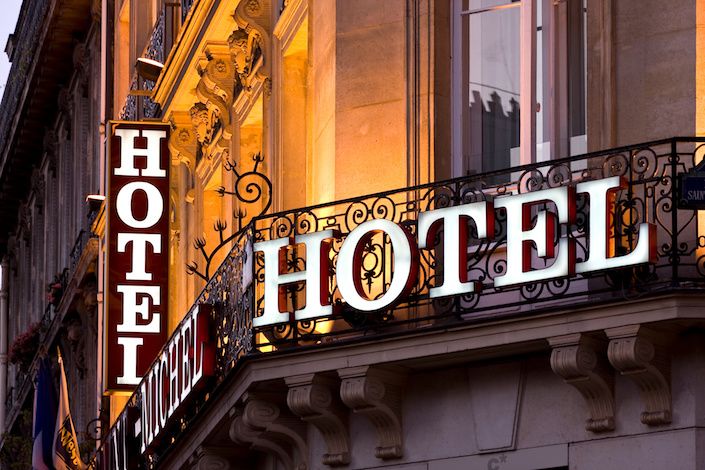
Most hotel marketers will agree that in today's fast-paced and attention-deficit online environment, we have less than a few seconds to make a memorable first impression. And even if we win someone's attention, it is easy to lose a customer by not living up to the initial expectations.
In the case of professional hotel brands, there is a lot of science and know-how behind every aspect of the hotel's positioning, product presentation, photo and videography, ads, website experience, and more. These elements form a complex system optimized to get the ideal hotel guest to stop scrolling and make them want to learn more.
What makes travelers stop scrolling and want to learn more about your hotel?
But what are these aspects hotel marketers should focus on? It's always a hot debate among hoteliers. Opinions and experiences are diverse, and seemingly everyone wants to solve this with things they know and understand. Revenue experts will say it's all about pricing. Advertisers will say it's all about ads. Designers say it's all about branding and visuals. Some digital marketing experts will say it's about how deep you can dig into your analytics data, or how you create custom audiences in Facebook Ads Manager. Well, that's quite a minor part of the mix, but arguably it has a role in the optimization process.
We decided to get to the bottom of it, and in collaboration with Market Sampler, we did a 2,000 responses survey to see what gets the attention of travelers looking for hotels. With Market Sampler's advanced programmatic targeting system, we collected responses from people who recently returned from travels. The system got over 2,000 responses in around five days, and we cannot be more excited to share the results.
The research results can be viewed here: Research results & interactive dashboard
What makes guests like or dislike a hotel?
The over 2,000 respondents made it clear that photos and videos are extremely important during the first impression and consideration stages. Interesting to note that with 23%, the hotel name plays a key factor in making a good first impression on potential guests.
During the consideration stage, videos, product presentations and photos, including food photos make are the most important, followed by the hotel’s ability to demonstrate the experience. Attributes like location, style and uniqueness are less important decision factors.
In the booking stage, pricing clarity, price value and discounting are the key factors that drive decisions.
Common dealbreakers that make travelers dislike a hotel are boring rooms, unappealing food photos, pretentiously content and boring product presentations.
Interesting that reviews did not show as a very important factor. It's clearly photos, videos, hotel name and product presentation that matters the most.
What makes hotel photography an videography stand out?
Colm from Halo Digital Media shares the level of planning and work required to produce stunning photos and videography.
For photography, it's really important to create 'hero images' that will showcase the accommodation in the best possible way. Starting before sunrise, we are always at the mercy of the light and plan the photoshoot around which areas receive the best sunlight at specific times. We often shoot only 10 photos in a single day with a single image taking over an hour to set up and capture. For accommodation and outlets, we use a process known as focus stacking. This involves taking many photos from the same position using different focal lengths, lighting, and flash and then stacking all the images on top of each other in post-production to create a new composite image.
The composite photograph has a beautiful depth of field and the lighting is controlled across each area, making the room really shine. Our advice is always to ensure you get the best possible room photos as they are the window to your brand, and great imagery can set you apart from the competition.
Regarding video, I think hospitality marketers have a lot of room to improve their video marketing. Many still request a 2-3 min brand video and try to cram everything about the property into it. This doesn't work so well anymore because attention spans are low, and video consumption takes place across such a variety of platforms. To unlock the potential of your video marketing. it really pays to create a large library of short-form video content that can be then cut for websites, social media posts, stories, and reels.
Having 10 x 20-second videos covering different aspects of the property is inherently more valuable and effective than a 1 x 3-minute brand video. The videos should focus on revenue generators such as F&B, Wellness, holidays, and events. Moreover, they can be tailored to specific markets or customer demographics, be rolled out for specific holidays, and offer the Marcom team ongoing content to keep the social media pages interesting and fresh. Our clients who have invested in a comprehensive video marketing strategy far outperform those who use it sparingly.
Is direct booking becoming a "boomer thing"?
The research data suggests so. Among the 2,017 respondents, 41% prefers OTAs, 29% books direct and another 29% likes to book trips with travel agents or tour operators. Let’s dive deeper in the data to understand who books how.
Nearly half of self-proclaimed regular travelers book on OTAs. This makes sense as OTAs offer a very easy way to book, and reward travelers with discounts and special deals. This is followed by direct, leaving roughly 20% for travel agents.
Nearly half of respondents who hardly ever travel use travel agents or tour operators. The rest is split between OTA (around 30%), and a slightly smaller segment of direct bookers.
Most frequent travelers book OTAs and direct, leaving once again around 21% for tour operators.
Observing the response data by age, it shows that people below 35 predominantly use OTAs as their preferred hotel booking tool.
People who prefer direct bookings are in their 30s and 40s, while most tour operator and travel agent customers are 45+.



